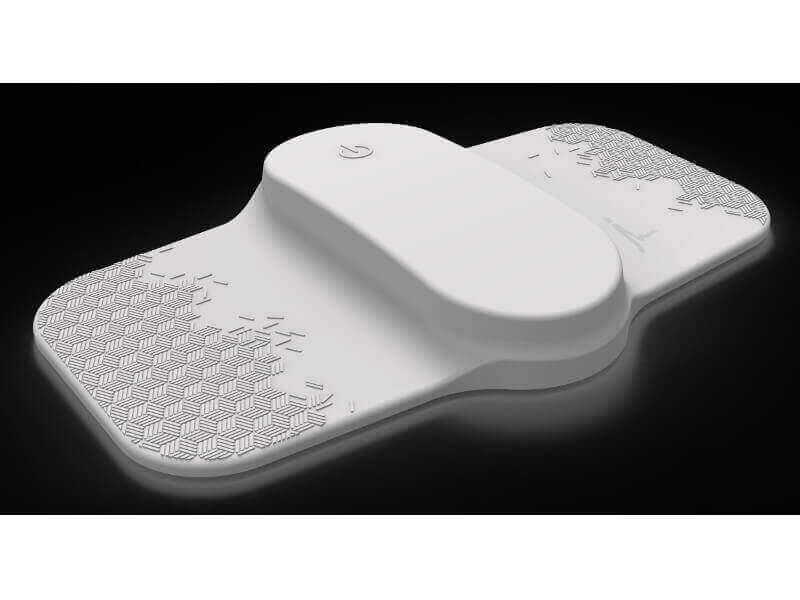The single biggest global cause of death is heart disease. Changes in the electrical signals associated with the heartbeat can provide doctors with an early warning for potentially lethal conditions, but any single person assessing these signals is fallible and could miss something vital. This could be about to change, however, thanks to Israeli scientists who are looking to get a second opinion – from Artificial Intelligence.
Across the world, the leading cause of death is cardiovascular disease, with nearly 18 million people a year dying from heart attacks, strokes and other associated conditions (World Health Organisation). All of these diseases relate to how well the heart can fulfil its primary function: pumping blood around our bodies.
For over a hundred years, the simplest and most effective way to assess the health of the human heart has been the electrocardiogram (ECG). Every heart uses electrical energy to work; by painlessly attaching sensors to the patient, the resulting electrical signals can then be displayed in graph form.
It is this graph that allows a trained doctor to gauge the health of the patient. An ECG can reveal a multitude of conditions. Most obviously, it shows the rhythm of the heartbeat, which might be too quick, slow or simply irregular. An ECG can also reveal issues such as a build-up of fatty substances or where the heart walls have become thickened.
Any doctor looking at the chart could easily make a mistake or miss something vital however, due to factors such as time pressure or lack of specialised knowledge. This is where a new proposal from Israeli scientists could make a huge difference – by harnessing the power of Artificial Intelligence.
When a doctor assesses an ECG, they are comparing the chart against an expected result. This result is based on population studies that define what is regarded as normal. The Israeli scientists propose an updated version of this model. They fed more than 1.5 million ECG tests from hundreds of patients from around the world into a neural network, which can then identify patterns in any new graph.
Instead of a single, fallible individual assessing an ECG, an Artificial Intelligence programme uses cutting edge-technology to compare the graph against the thousands of data samples it has access to.
Since the researchers worked in tandem with cardiologists, they made sure that the new programme expresses the results in a way that doctors will find most helpful. Not only does the new system eliminate the chance for individual error, but it can also estimate the possibility of health risks that aren’t shown in the ECG itself.
This project was a collaboration between several Israeli scientists, including Professor Yael Yaniv, director of the Bio-electric and Bio-energetic Systems Laboratory at the Faculty of Biomedical Engineering at the Technion – the Israel Institute of Technology.
If this new AI programme is a success, it will be the latest venture to have benefitted from an association with the Technion. Since 1912, the academic institution has been at the forefront of spearheading Israel’s scientific endeavours. Israel today is the country with the highest percentage of scientists and engineers – and the majority of them studied at the Technion, home to three of Israel’s five science Nobel Laureates.
Alan Aziz, CEO of Technion UK, commented: “Your cardiovascular system is literally at the heart of your health, so having the most accurate ECG possible is a must. Thanks to Technion expertise, Dr AI will now be able to give you a second opinion on the tell-tale heart.”
About The Technion:
The Technion has earned a global reputation for its pioneering work in nanotechnology, life sciences, stem-cell technology, water management, sustainable energy, information technology, biotechnology, materials engineering and aerospace. It is also one of only five similar institutes worldwide that include a medical school, encouraging rapid progress in biotechnology, drug development, and stem-cell technology. As Israel’s centre for high-tech education and research, the Technion is central to the nation’s economic progress. As the premier institute of its kind in the region, Technion breakthroughs can benefit all the nations of the Middle East. As a worldclass research university, the Technion helps advance the frontiers of science and technology to benefit people around the world.



